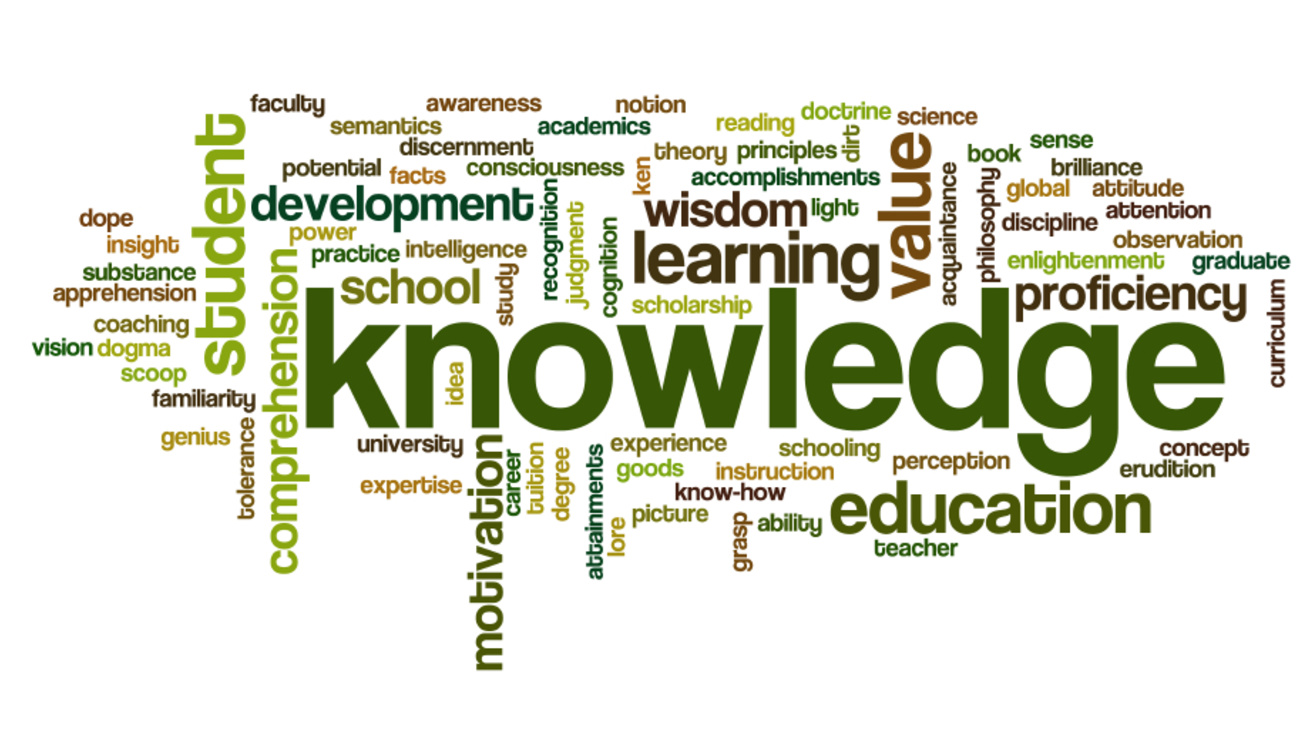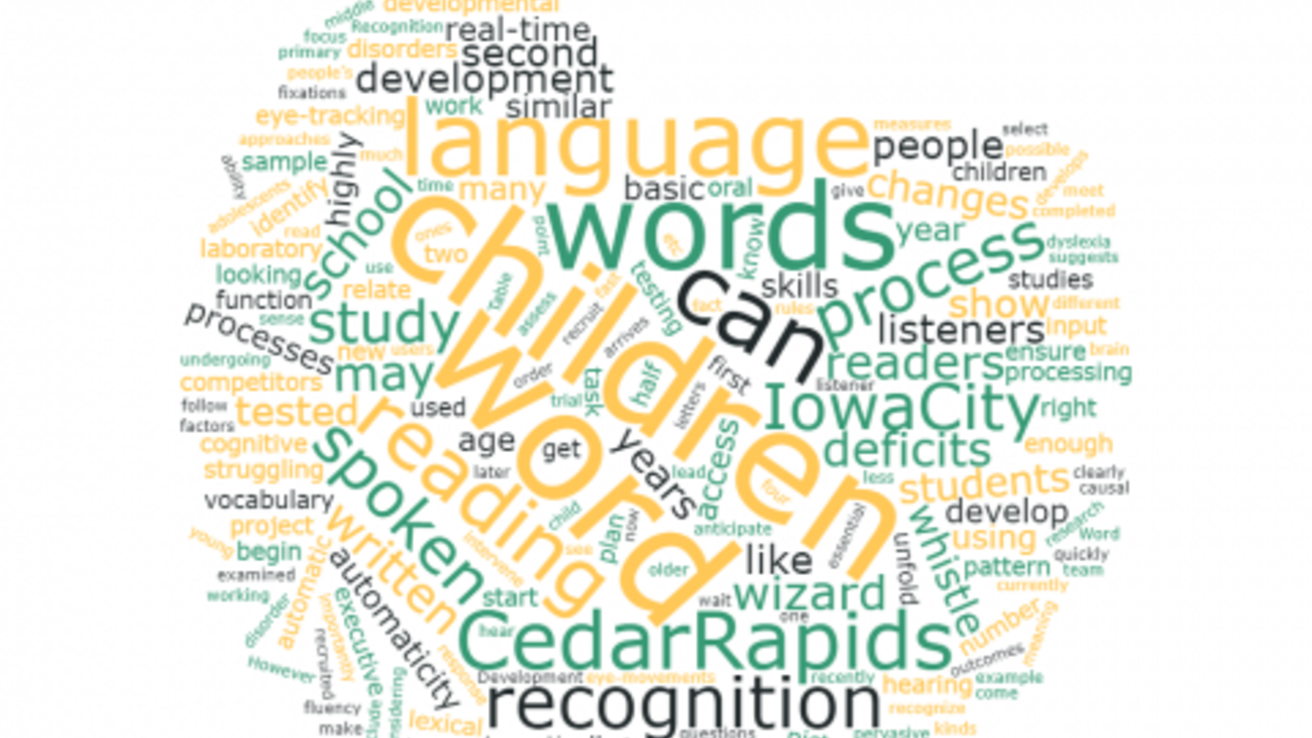Breadcrumb
- Home
- About
About


Words Grow Slowly
By the time a child turns 18 they will know 60,000 words.
60,000.
Are there any other places you know 60,000 things?
Vocabulary grows slowly. Children learn it in many ways: from talking to parents and classmates, from reading, and even from television. Growing a vocabulary is the work of a lifespan, and it takes time.
And why shouldn't it? Think about what you know about each of those 60,000 words: what it sounds like, how to say it, its spelling, what it means, and much much more!
Words Grow Quickly
But people have to use words lightening quick. Speech comes in at a rate of 3-5 words per second. Just to keep up with a typical conversation, people have to sort through all 60,000 of those words in a fifth of second! When you hear a word, how do you know what it is?
Research tells us that when you hear a word, you consider all of the many words it could be. So when you start to hear the word wizard, your brain considers wizard-- but also whistle, window and witch! With time, these words compete until only one is left.
This process happens faster than the speed of thought-- you aren't even aware that it is happening!
At the University of Iowa we can measure this rapid process. We track the movements of people's eyes as they listen to or read words and match them with pictures. By measuring what people look at, moment-by-moment, we can see what words they are considering before they can tell us.
How does language processing happen in children?
For the last decade, our lab has examined this real-time process in children. How do they develop this crucial language skill?
What we've found is surprising: Developing this skill takes time. A lot of it.
All throughout elementary and middle school, children are still improving their ability to rapidly select the correct word and showing less competition from the incorrect words.
However, not all children grow words as well.
About 12% of children have Developmental Language Disorder. That means they have poor language development despite the fact that they can hear well, they can produce speech, and they don't have any other developmental disabilities.
Our research suggests that these kids don't recognize words as efficiently.
Another 12% of children have dyslexia. And about 60% of children are not proficient in reading.
Growing Words is committed to the idea that if we understand the process by which children recognize words, we might be able devise better treatments for language and reading disorders.
You can't fix a car if you don't know how it works. The same is true with language and reading!
Growing Words Project
Growing Words is a 5-year NIH-funded study that seeks to understand how these processes grow and develop. We want to know:
- What leads children to develop better real-time word recognition skills? Do these skills develop as children learn to read? Learn new words? Develop stronger cognitive skills?
- Do differences in real time word recognition skills predict later language, reading and cognitive abilities?
- How do these skills relate to disorders like developmental language disorder or dyslexia?
- How does real-time recognition of spoken words relate to real-time recognition of written words? Can understanding these processes help inform how we teach reading?
Our study is backed by substantial science from our teams and others! If you're interested in learning more, check out our White Paper.
For recent papers and presentations, relevant to this project, check our our site on ResearchGate